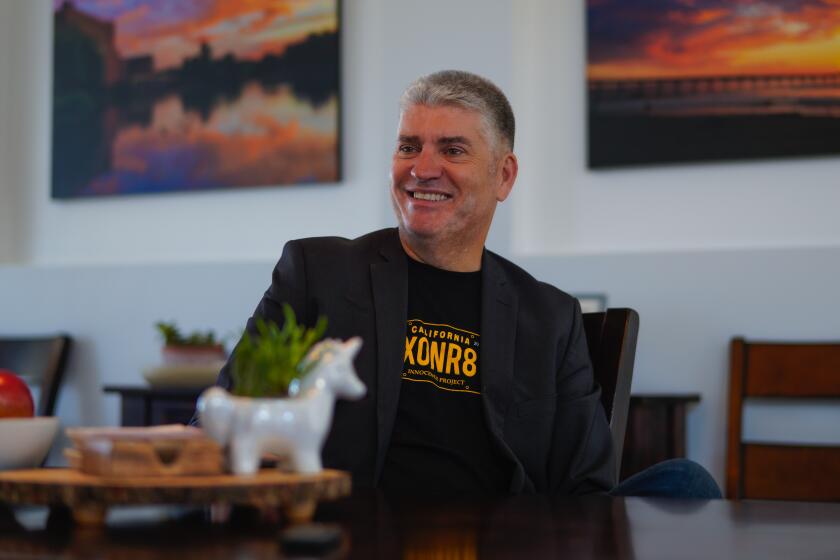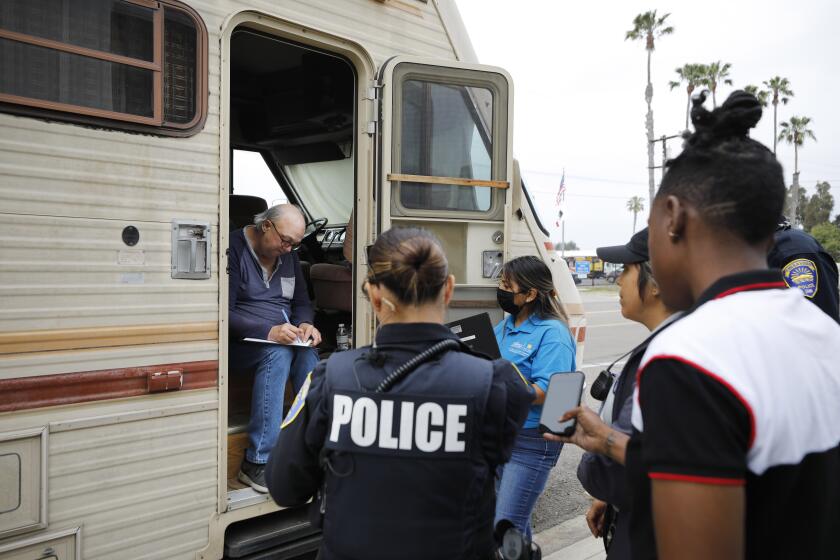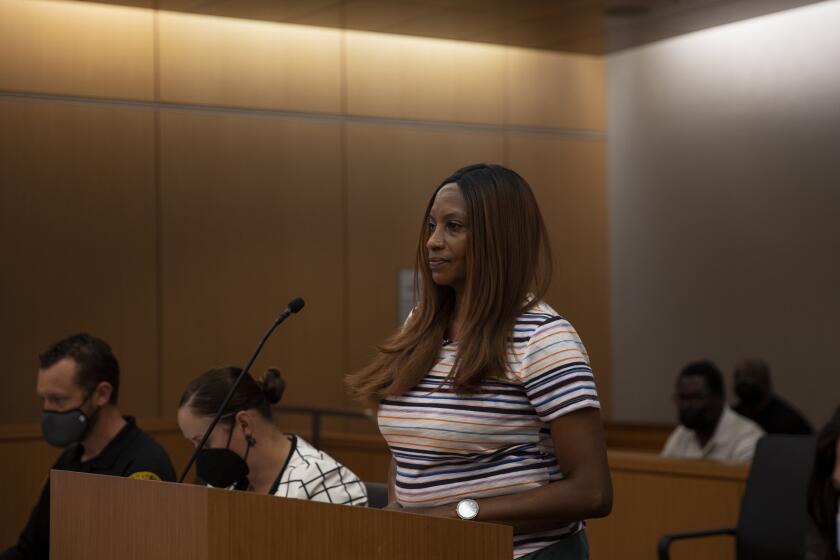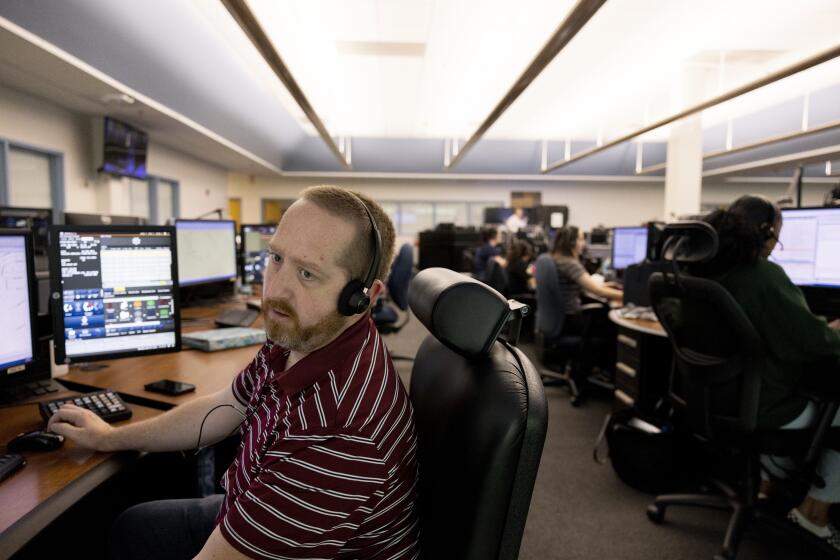Social media and judges: What are the rules?
Even if they joined the bench in the days long before Facebook, Twitter and Snapchat, most San Diego judges have some familiarity with social media.
“It comes into our courtrooms,” said Judge Laura Halgren, who presides over criminal cases in San Diego Superior Court. She noted that she and her colleagues are often exposed to social media because posts on such sites are routinely part of the evidence in civil, criminal and family law cases.
But can judges and lawyers take part?
It’s a thorny issue because there are so many pitfalls members of the legal profession must avoid to keep in line with ethical mandates. If a judge comments on a lawyer’s Facebook post, is that an ex parte communication? If a lawyer brags on Twitter about a courtroom victory, is that advertising?
In essence, does connecting and communicating online create so great a risk of problems IRL — that’s “in real life” for those not up on Internet slang — that it’s not worth engaging at all?
The answer: Not necessarily.
Last month, several judges on San Diego’s Superior Court bench explored those questions and more in a training session organized by Halgren and Los Angeles County Judge James Dabney. The discussion included reminders that judges, like everyone else, should be mindful of the personal information they post online and check privacy settings certain sites, which tend to change frequently.
“You have to be much more aware as to what you’re putting on there,” Halgren said, noting that ethical issues are a concern along with the safety of the judges and their families.
In 2010, a California Judges Association ethics committee issued an opinion that tried to answer questions related to social media: 1) May a judge be a member of a online social networking community? 2) May a judge include lawyers who may appear before the judge in his or her online social networking? 3) May a judge include lawyers who have a case pending before the judge in his or her online social networking?
The committee determined that the answers to Nos. 1 and 2 are “a very qualified yes.” As for No. 3, that’s a no.
Halgren, who was on that committee, said she and her colleagues have to be careful about which lawyers they interact with online. Ethics rules bar lawyers from contacting a judge about a case without the opposing party being present. They also have to monitor their social media pages to make sure someone else doesn’t post information that could be considered a violation of the rules.
“We’re not supposed to be commenting about any cases,” Halgren said.
Wendy Patrick, an attorney and business ethics lecturer at San Diego State University, noted that opinions differ among jurisdictions about about what lawyers and judges can do online. One of the more hotly contested issues, she said, is the extent to which a lawyer can send a friend request on Facebook.
“This area is so dangerous because lawyers and judges are not social media experts,” Patrick said, noting that lawyers have to take the time to educate themselves about the intricacies of the sites they use.
Patrick warned that attorneys have to be careful about how they interact with the public via social media, so that they’re not violating confidentiality rules, or inadvertently forming lawyer-client relationships that could raise civil liability problems later.
Even online fads that might seem innocuous to the rest of us could pose a problem for a judge. Remember the Ice Bucket Challenge from a couple of summers ago, when people posted videos of themselves dumping ice water over their heads to raise awareness and money for ALS research? Halgren said judges posting ice-bucket videos could be considered in violation of judicial canons, which say they aren’t supposed to participate in fund-raising except for family members or judicial campaigns.
“It’s important to the judges to maintain integrity, independence and impartiality,” Halgren said. Yet she estimated about half of the San Diego Superior Court judges use social media of some sort. “Even when we’re not on the bench, we are still a judge and we have to remember that.”
It seems Patrick would agree. She explained that lawyers have to get over the perception that on social media, there’s a separation between their private and professional lives.
Like it or not, she said, “You are what you tweet.”
dana.littlefield.@sduniontribune.com





